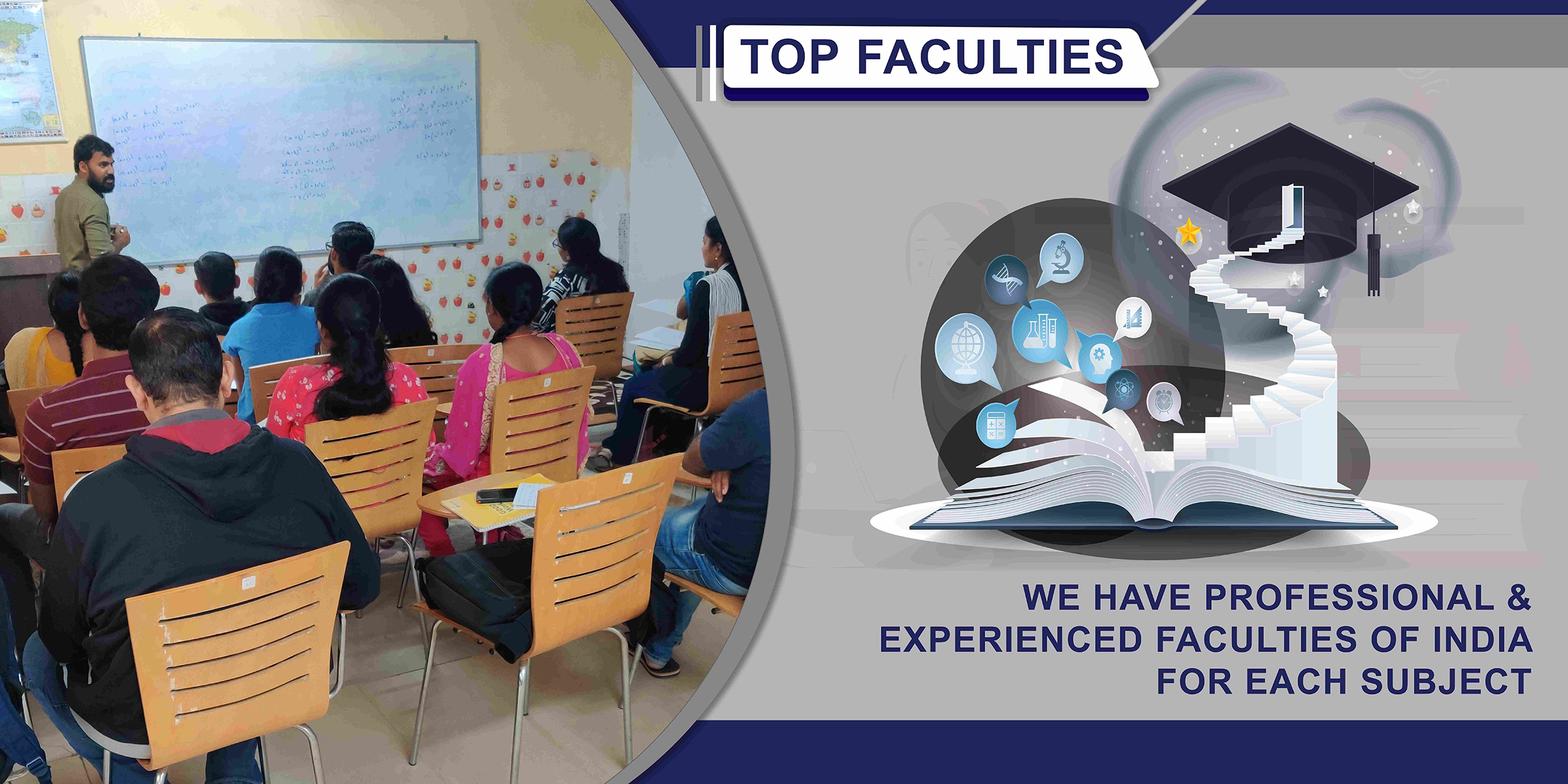The Constitution of India, being federal in structure, divides all powers (legislative, executive and financial) between the Centre and the states. Though the Centre and the states are supreme in their respective fields, the maximum harmony and coordination between them is essential for the effective operation of the federal system. Hence, the Constitution contains elaborate provisions to regulate the various dimensions of the relations between the Centre and the states.
The Centre-state relations can be studied under three heads:
Legislative relations.
Administrative relations.
Financial relations.
Legislative relations
Articles 245 to 255 in Part XI of the Constitution deal with the legislative relations between the Centre and the states. Besides these, there are some other articles dealing with the same subject.
Like any other Federal Constitution, the Indian Constitution also divides the legislative powers between the Centre and the states with respect to both the territory and the subjects of legislation.
Distribution of legislative subjects
The Constitution provides for a three-fold distribution of legislative subjects between the Centre and the states, viz., List-I (the Union List–100 subjects), List-II (the State List–61 subjects) and List-III (the Concurrent List–52 subjects) in the Seventh Schedule. Its provisions include:
The Parliament has exclusive powers to make laws with respect to any of the matters enumerated in the Union List like defence, banking, foreign affairs, currency, atomic energy, insurance, communication, inter-state trade and commerce, census, audit and so on.
The state legislature has “in normal circumstances” exclusive powers to make laws with respect to any of the matters enumerated in the State List like public order, police, public health and sanitation, agriculture, prisons, local government, fisheries, markets, theatres, gambling and so on.
Both the Parliament and the state legislature can make laws with respect to any of the matters enumerated in the Concurrent List like criminal law and procedure, civil procedure, marriage and divorce, population control and family planning, electricity, labour welfare, economic and social planning, etc.
Parliamentary legislation in the state field
The Constitution empowers the Parliament to make laws on any matter enumerated in the State List under the following five extraordinary circumstances:
If the Rajya Sabha declares that it is necessary in the national interest that Parliament should make laws on a matter in the State List, then the Parliament becomes competent to make laws on that matter. [Art. 249]
The Parliament acquires the power to legislate with respect to matters in the State List, while a proclamation of national emergency is in operation. [Art. 250]
When the legislatures of two or more states pass resolutions requesting the Parliament to enact laws on a matter in the State List, then the Parliament can make laws for regulating that matter. [Art. 252]
The Parliament can make laws on any matter in the State List for implementing the international treaties, agreements or contentions.
When the President’s rule is imposed in a state, the Parliament becomes empowered to make laws with respect to any matter in the State List in relation to that state.
Centre’s control over state legislation
Besides the Parliament’s power to legislate directly on the state subjects under exceptional situations, the Constitution empowers the Centre to exercise control over the state’s legislative matters in the following ways:
The governor can reserve certain types of bill passed by the state legislature for the consideration of the President.
Bills on certain matters enumerated in the State List can be introduced in the state legislature only with the previous sanction of the President.
The President can direct the states to reserve money bills and other financial bills passed by the state legislature for his consideration during a financial emergency.
Administrative relations
The executive powers of the states should be so exercised as to ensure compliance with the laws of the Union Parliament (Art. 256) and not impede or prejudice the executive powers of the Union (Art. 257).
Under Art. 258(2), the Parliament is given power to use the State machinery to enforce the Union laws. ?
The Centre candeploy military and paramilitary forces in a state even against the wishes of the state government.
Under Art. 263, the President is empowered to constitute a Council to resolve the dispute.
Financial relations
Articles 268 to 293 in Part XII of the Constitution deal with Centre-state financial relations.
Practically, the states have little power in taxation and are heavily dependent on the centre for financial resources.
Article 268: Duties levied by the Union but collected and appropriated by states under which stamp duties and duties on medicinal and toilet preparation are mentioned.
Article 268(A): tax leived by the Centre but collected and appropriate by the Centre and the state in the manner determined by the Parliament.
Grants-in-aid
Besides sharing of taxes between the Centre and the states, the Constitution provides for grants-in-aid to the states from the Central resources. There are two types of grants-inaid, viz,
statutory grants and discretionary grants:
Statutory Grants: Article 275 empowers the Parliament to make grants to the states which are in need of financial assistance.
Discretionary Grants: Article 282 empowers both the Centre and the states to make any grants for any public purpose, even if it is not within their respective legislative competence.
Important committees on Centre-State Relations
1. The Administrative Reforms Commission
2. Rajamannar Committee Report
3. Sarkaraia Commission
4. Punchhi Commission





